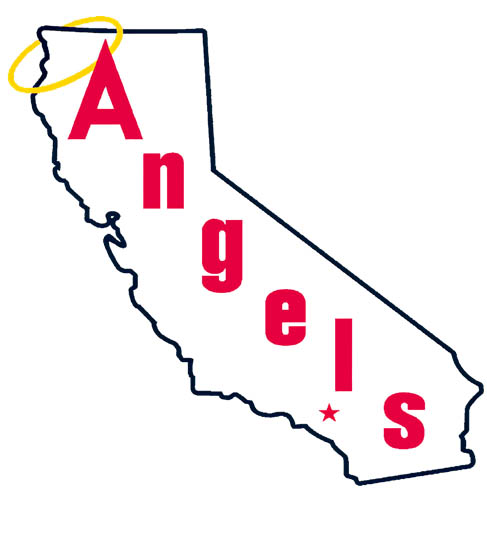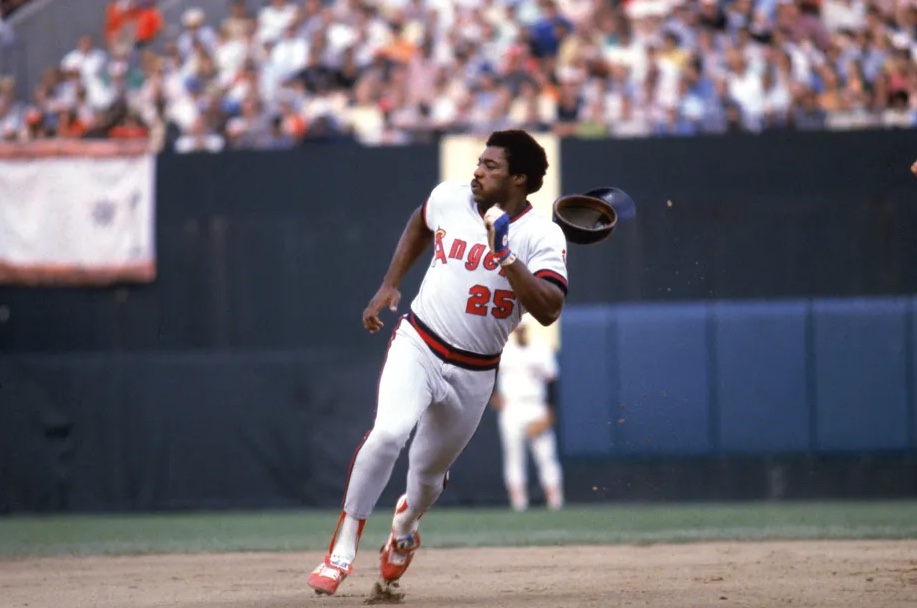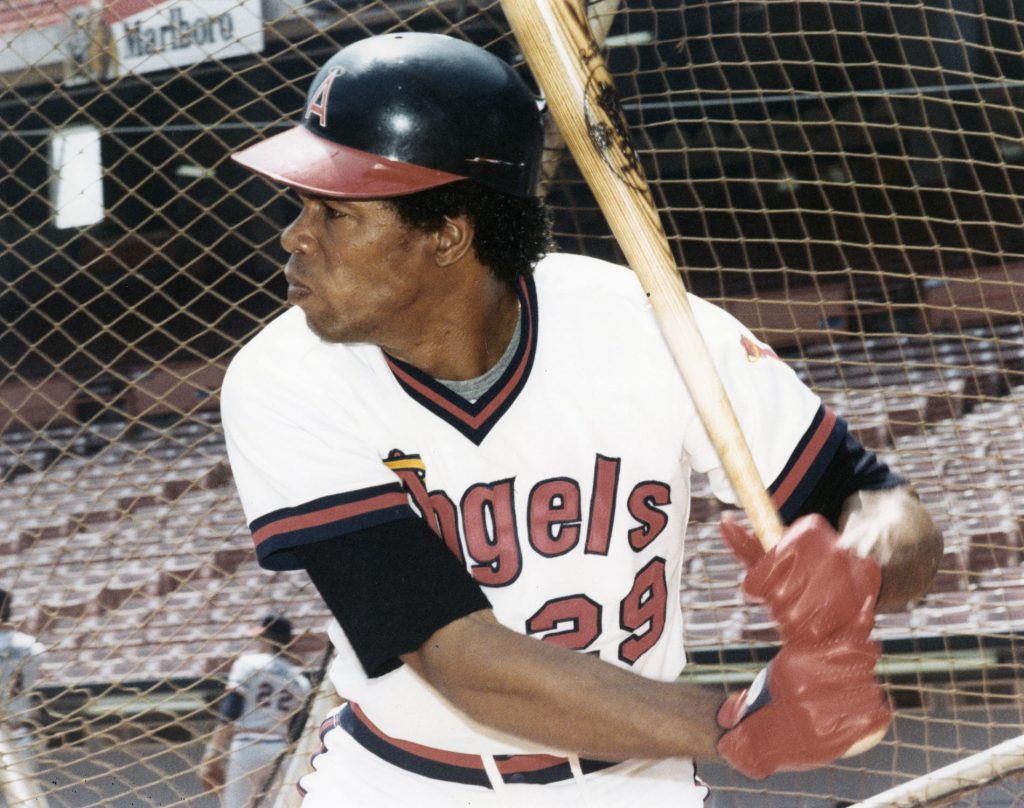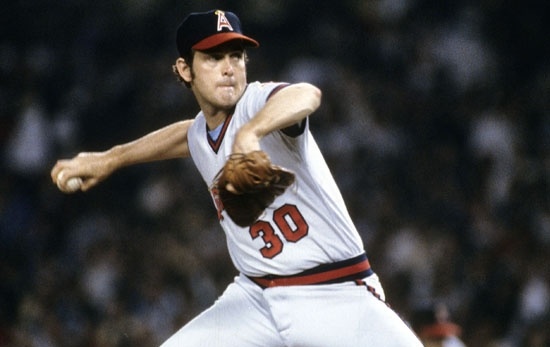My grandfather was hired by Gene Autry in 1961 to engineer-produce radio broadcasts for the Los Angeles Angels. The privilege of his world was easy to see, even as a kid.
I remember many drives out to Angel Stadium: my mom, my dad, my brother and I. We usually left the car a drunk-crawl away from the entrance turnstiles, but once or twice we’d get directed to spaces “far away,” like 20 or so cars further than our usual guest spot.
We, too, entered the stadium through the turnstiles but soon left the public promenade through a hip-high gate that was opened for us. I remember climbing exterior stairs and avoiding golf carts down a wide corridor, then going up more stairs. Finally we’d reach press-box row, which was constructed almost entirely of steel.
Whichever grown-ups were leading the way –my dad, grandparents, uncles or “friends”– niceties were exchanged with familiar employees, including the middle-aged woman who usually guarded the boxes and who made cheery eye contact with everyone. Then we’d follow that lady down a wonderfully curved hallway, under what seemed like countless fluorescent light tubes. Mini-skirted cocktail waitresses streamed in and out of doors, carefully eyeballing their drink trays and backing against the cold steel as we passed. The rising and falling, roaring angry joy of the crowd was, of course, the acoustic backdrop for this journey.
Insider associations with Major League Baseball had much more cultural cachet back then than they do today: they were less political, but more powerful for it. Every now and then when we walked through that middle door, former President Nixon, Nolan Ryan, or some other luminary would be in there and we’d be told not to point or talk. Foul balls were the only exception to red light rule, since they’d fire right into the unprotected box and nail the back wall. My grandfather would be sitting next to announcers Dick Enberg and former Dodgers pitcher Don Drysdale, the only one in the room tall enough to flinch when those fouls came in.
With his patent leather shoes and cardigan sweaters, my grandfather often appeared as though he’d just come from a golf course lunch or NASA briefing. I never once saw that man sweaty, sloppy, or demanding. Fans in the stands dressed like fans, but we dressed like for church or for the airport.
I revisit these memories each Opening Day (or during the first hour of “Casino“). To me, the very best times were when we accompanied my grandmother to say goodbye when my grandfather was boarding the bus with the team to hit the road. It was always late at night, right outside the Disneyland Hotel, and the whole club would be there, along with the player’s wives and kids. Talk about a hug fest.
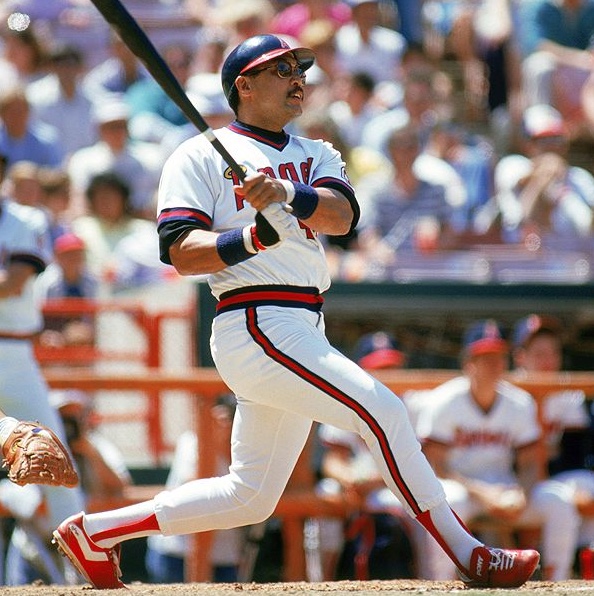
My privilege was in being free to enjoy the unity I saw there for what it was, without being branded by the cultural significance of those memories to the point of relying on an imperfect era to define the way the world should be.
When I’d finally grown old enough to sit in the dugout, my honor came the day I exchanged hellos with Reggie Jackson, Rod Carew, Don Baylor and Brian Downing during what is considered to be the best Opening Day lineup in Angels history.
.

